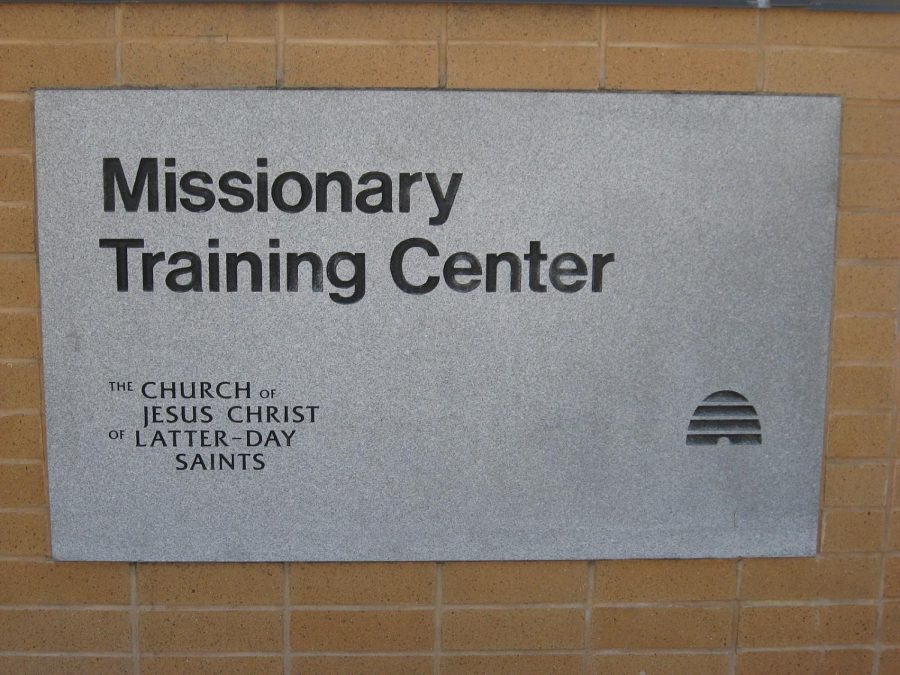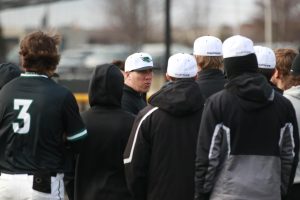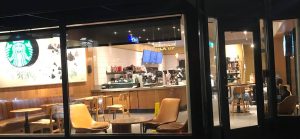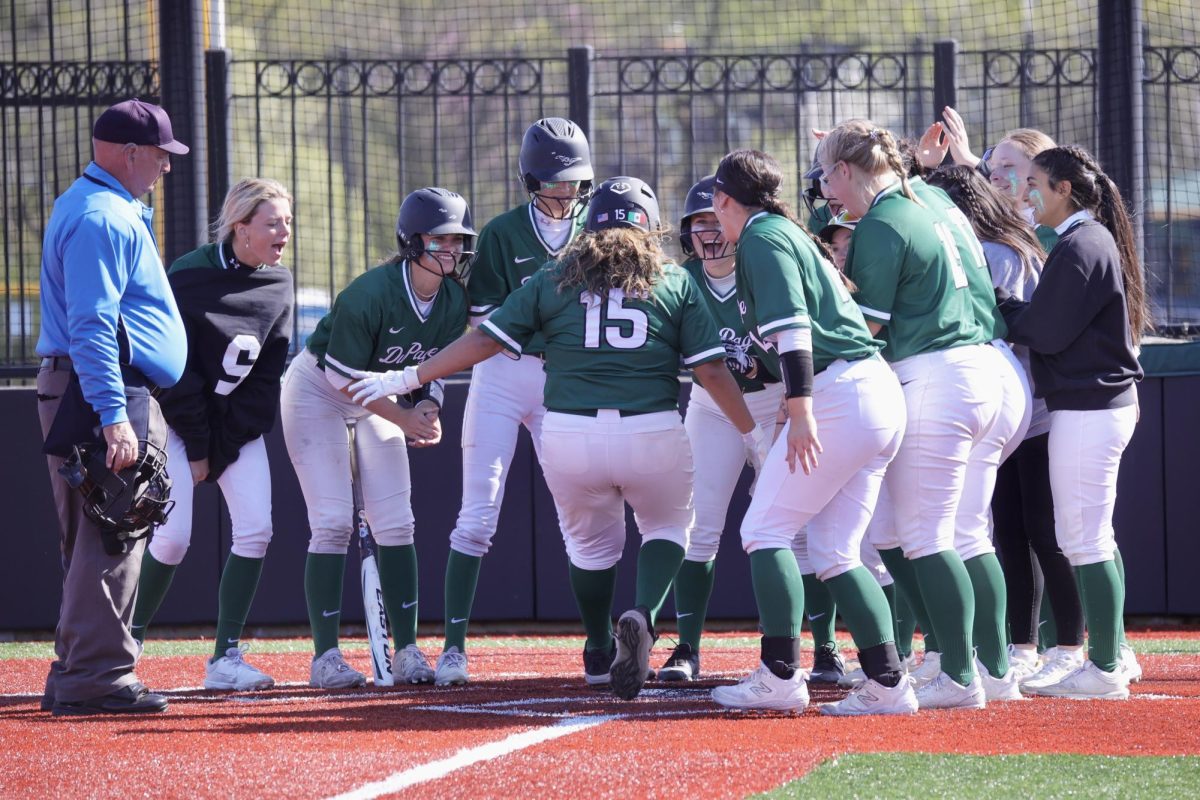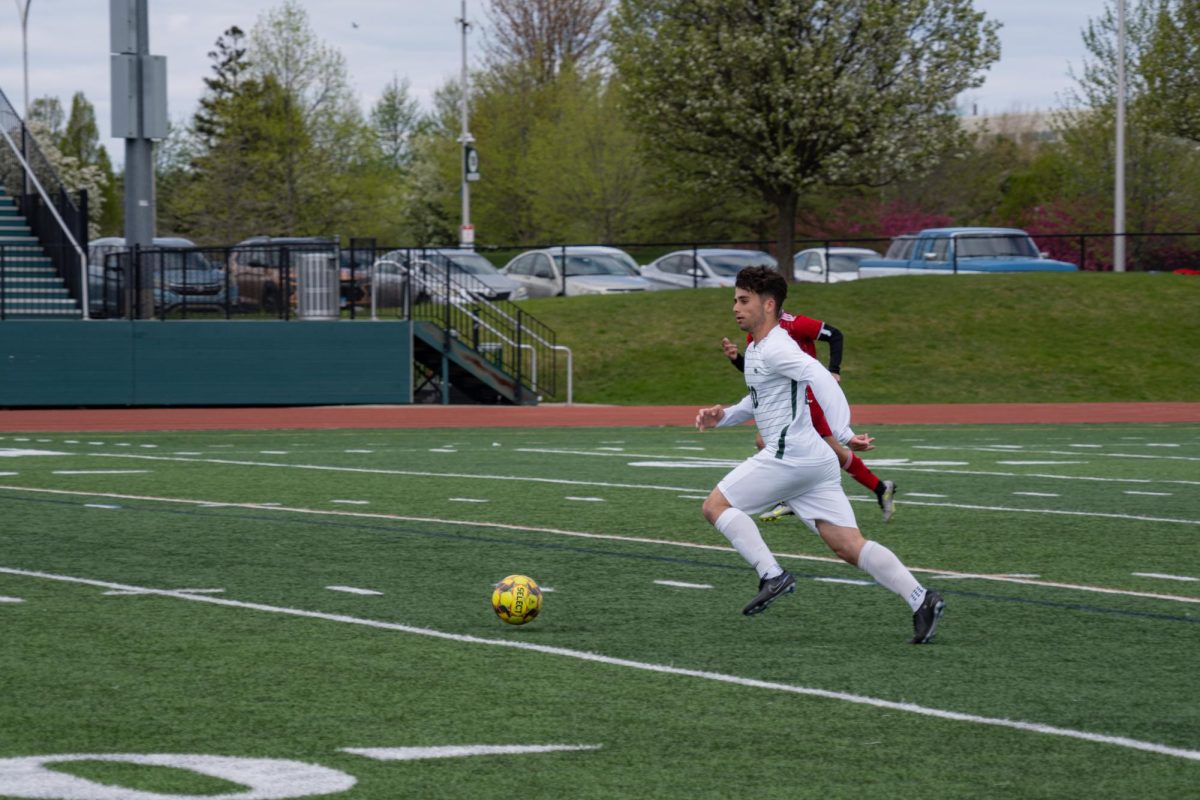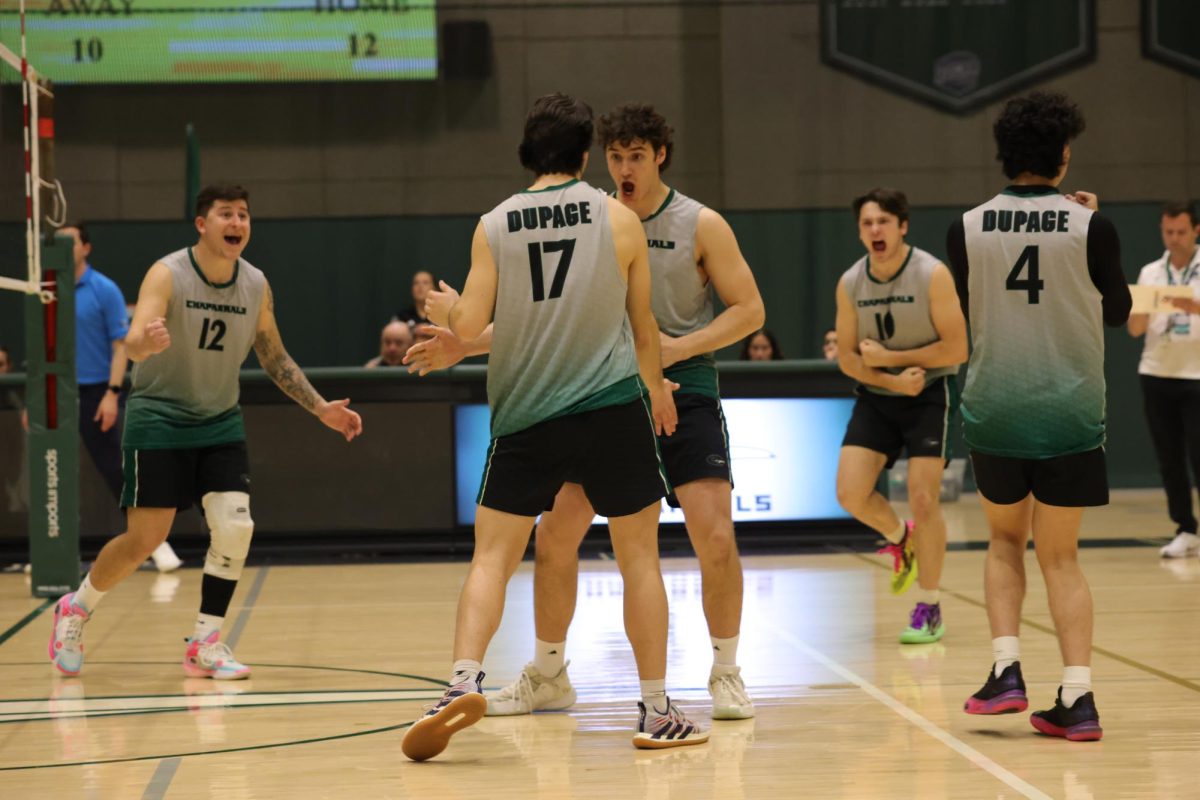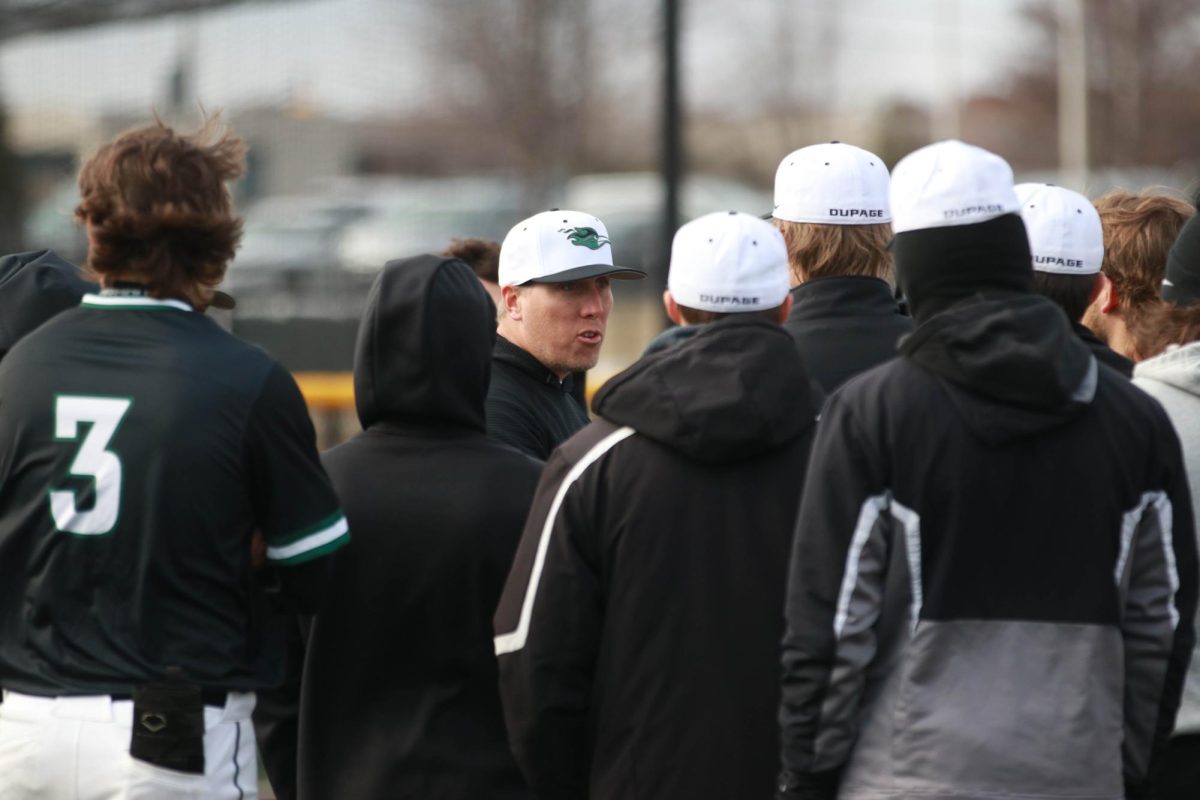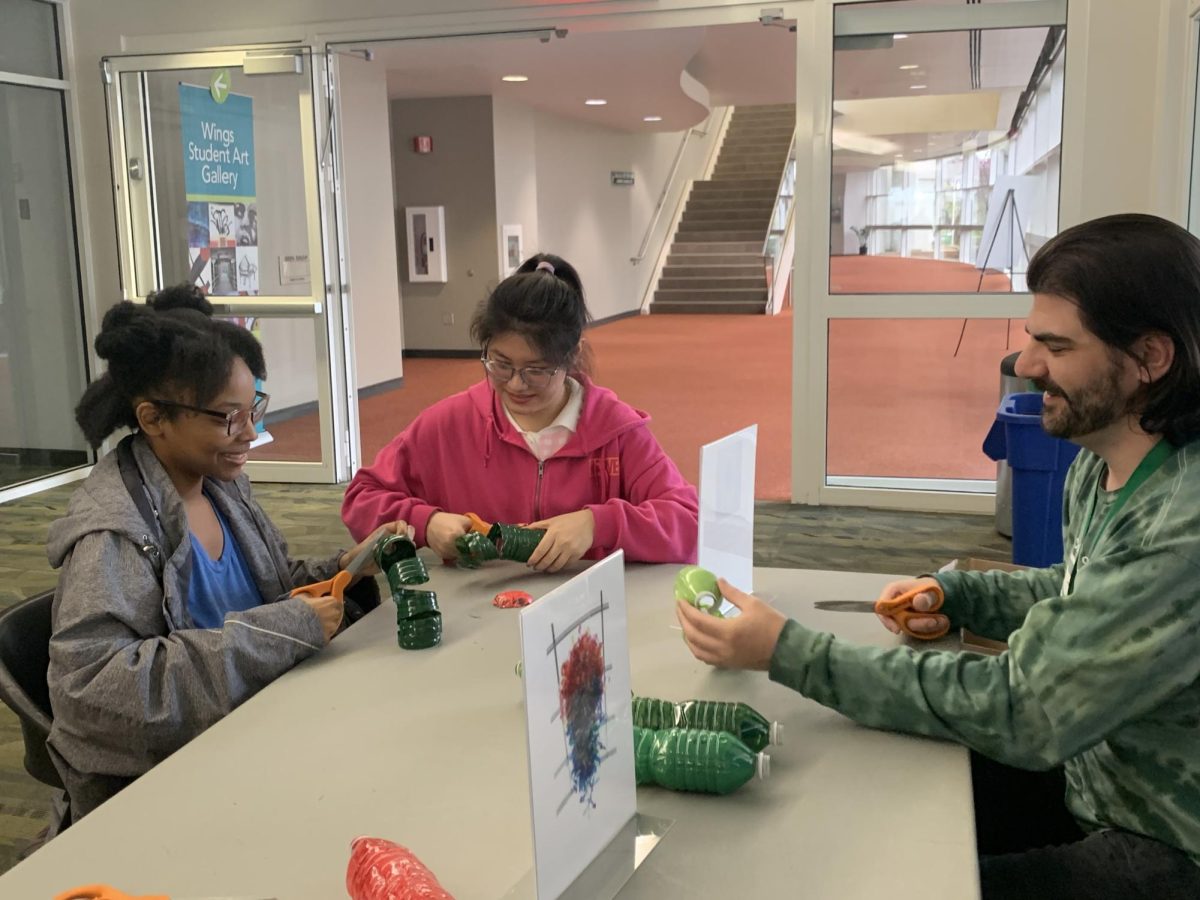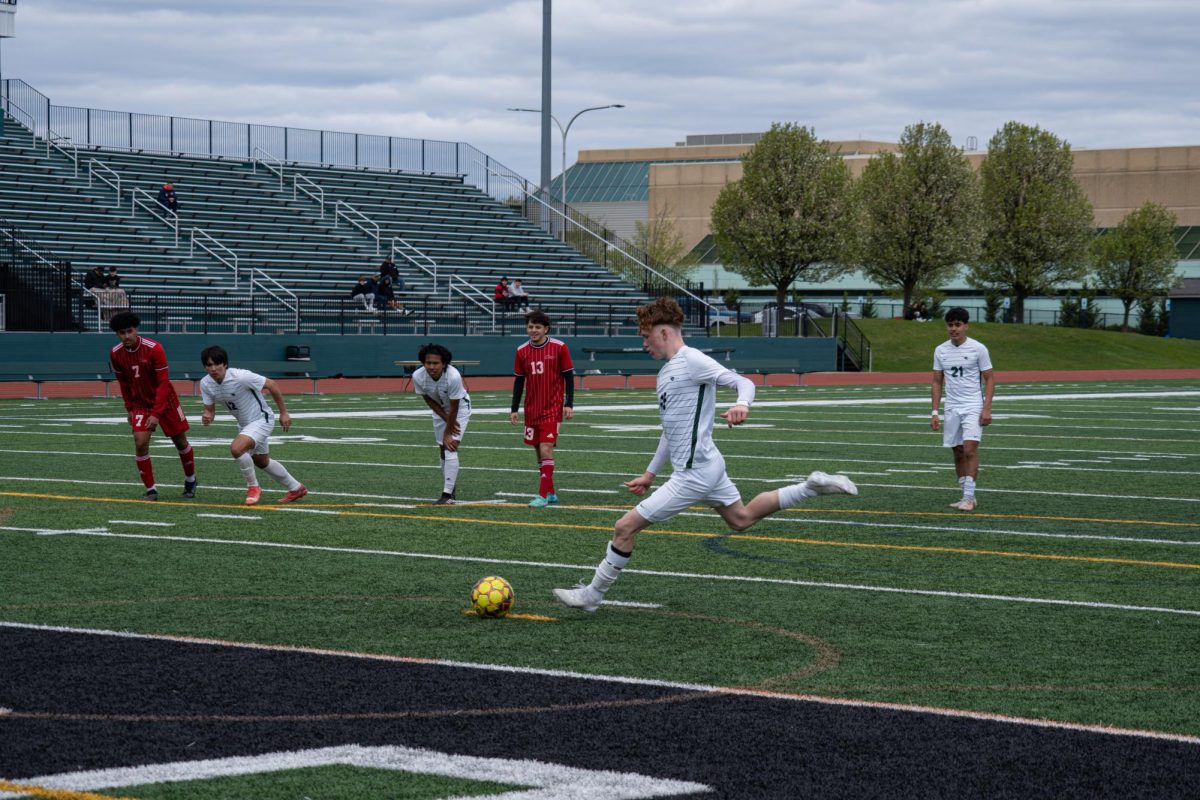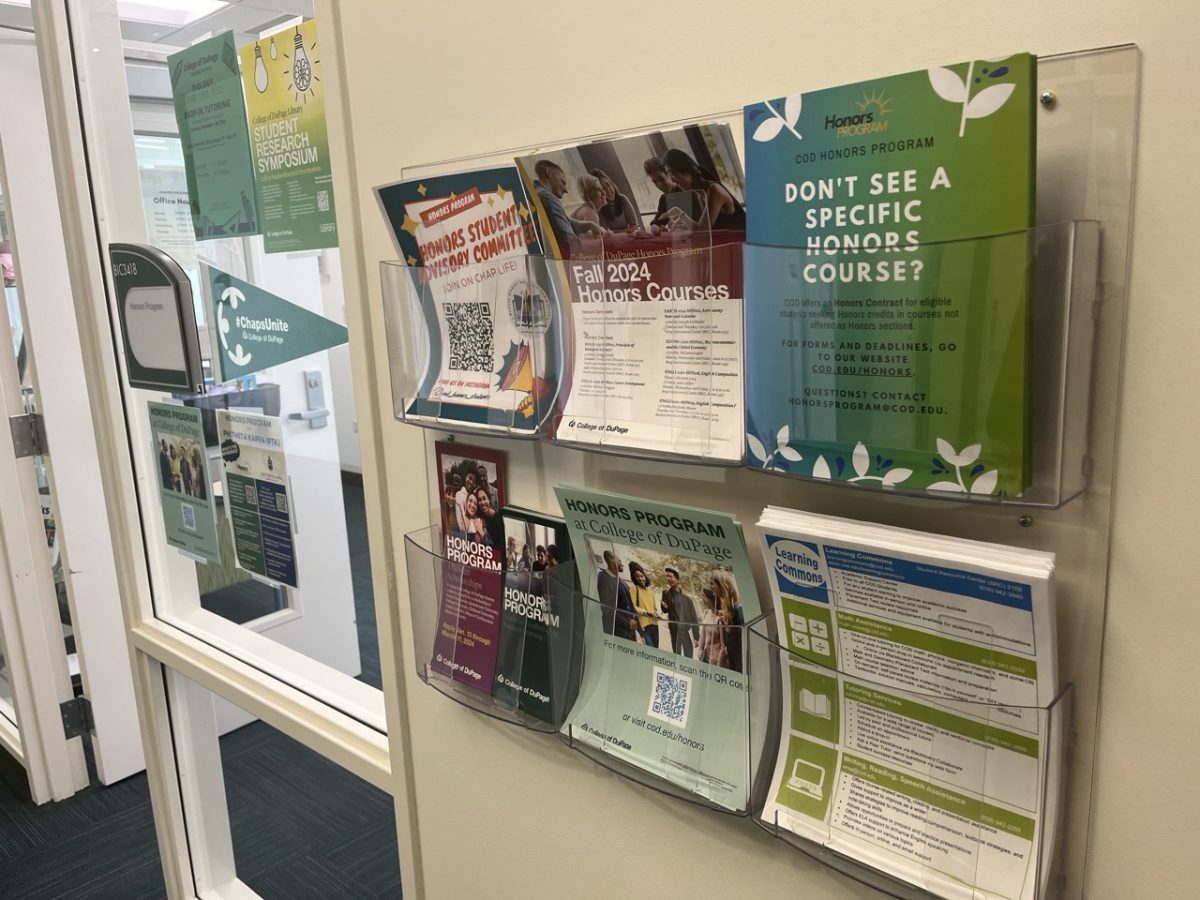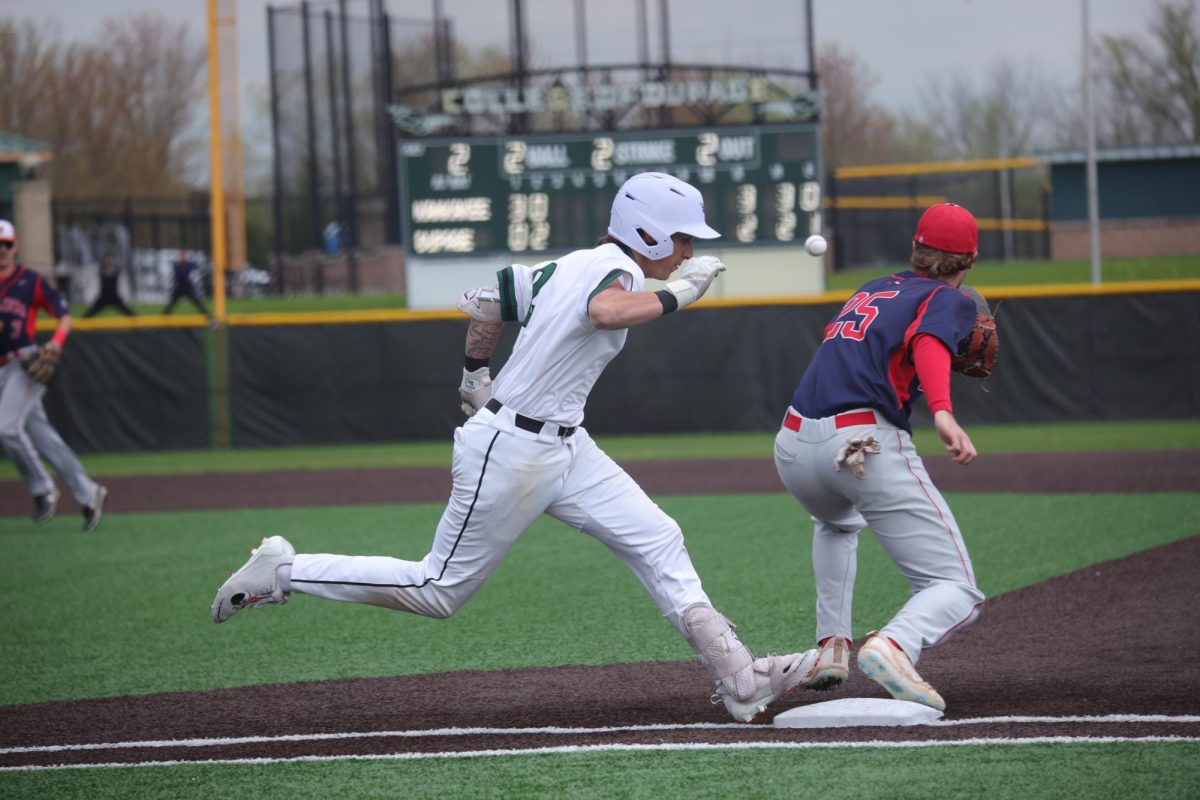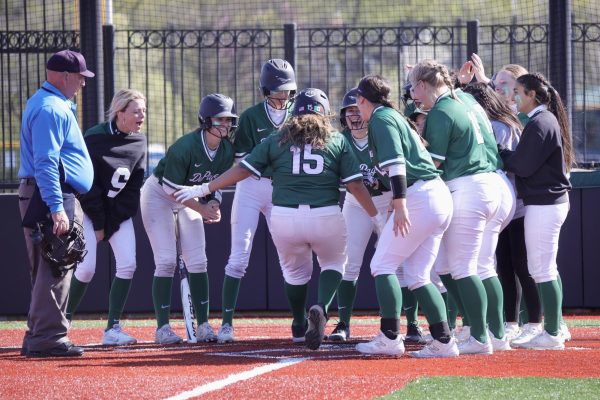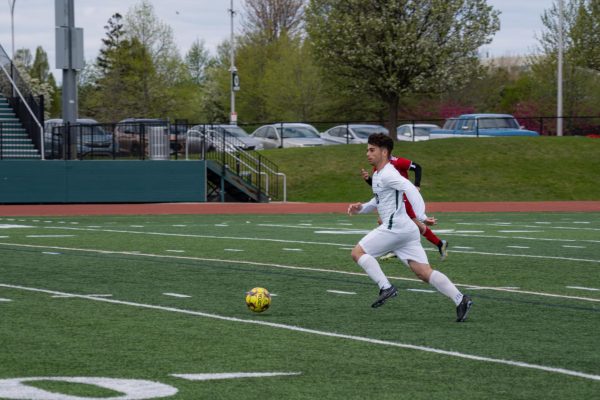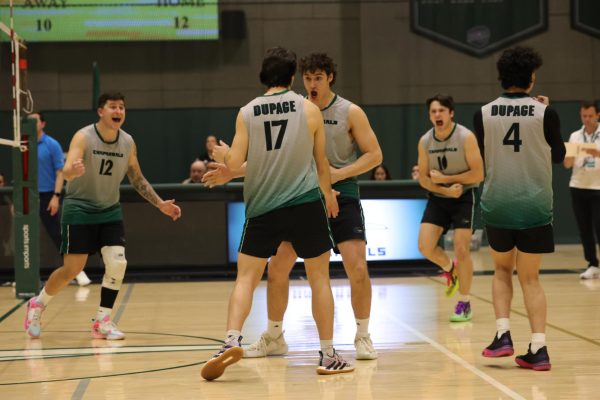Operation: Get Home Safe
Latter-day Saints experiencing a “mission intermission”
April 25, 2020
International and domestic travel is on a near-complete hold around the world. Students studying abroad were rushed home immediately, but what about the people on religious mission trips?
“I was supposed to serve for 18 months for the people of Bismark, N.D., but I was sent home within the first two,” said Sister Emily Watts, 19, for The Church of Jesus Christ of Latter-day Saints.
The religion, originally created in 1830 by Joseph Smith, sees its adherents believe in Christianity and teaching the gospel to followers around the world. The Gila Valley temple in Arizona is sending missionaries around the United States, as well as Honduras.
The countries that sent the missionaries home are not receiving the aid and messages from them, but some countries have decided to keep missionaries there. For example, missionaries sent to China, Hong Kong, Iran, Italy, Japan and South Korea are to be in self-quarantine but are receiving masks from trusted humanitarian agencies, health ministries and local hospitals. They will complete their mission work either online or be reassigned after the outbreak.
Elder Everett Gomez, 19, of Mesa, Ariz, said having to abandon her mission early is a major disappointment.
“I was in the Honduras Comayaguela Mission for seven months, and I did not want to come home at all because I was loving my mission and the people,” Gomez said.
In order to begin, the missionaries are required to meet standards regarding their health. For example, adequate sleep, ability to prepare meals, proper vaccinations and physical health, etc. If not met, completing a mission can become difficult and result in being sent home.
Gomez was to serve two years but was cut short because of the COVID-19 outbreak. As of March 31, 2020, U.S. officials placed a “Do Not Travel” advisory on all international travel. However, for Honduras, the country is experiencing a “level three” lockdown, which suggests that travelers should reconsider their destination. After placing the lockdown on themselves, missionaries are taking extra precautions when returning home. On the other hand, North Dakota does not have any lockdown assigned, but the U.S. government does not advise crossing state borders.
Each person reacts differently to the requirement regarding quarantine on social and mental health. Each person is entitled to their opinion and personal reaction to how they spend their time. Whether it includes finishing schoolwork online or video chatting with friends, no matter how the time is spent there are benefits.
“Being sent home was very, very difficult…which to be honest, put me in a funk,” and then later said, “I have heart problems, so I am a high-risk patient for COVID-19…I do appreciate [the church] looking out for my health.”
On the other hand, Gomez was lucky enough to have good health. As Watts plans to attend college, Gomez was offered the opportunity to wait out the quarantine and return to Honduras to finish his mission.
“I’m hoping I can go back to Honduras to finish the time I have left,” Harris said. “I have hope that all of this will end soon and everyone can get back to their lives.”
Predictions for Arizona made by Gov. Doug Ducey to lift the quarantine beginning May 1st, beginning with businesses in small numbers, including running the risk the virus continues to spread. If worse comes to worst, the state only has to close a small number of businesses rather than the entire state again.
Many Latter-day Saints dream of participating in a mission no matter the location, but being sent home is something no one can prepare for. The missionaries are volunteers and travel with funds they raise themselves or through aid from the church and friends and family. Understanding the severity behind the nation’s given situation, the risk of travel is extremely detrimental.
When missionaries are sent to their destinations, there is not one city where they are expected to stay. For example, Watts was to have started her journey in Rapid City, S.D. and work her way around the surrounding states, and ultimately end in Bismark, SD. All having to have taken place over than span of eight months.
Many of the Latter-day Saints returned to the Salt Lake City airport in Utah with the hopes of reaching home. While most were from the area, the individuals who were not were bussed to nearby hotels to partake in the social distancing as well as wait for a connecting flight to their final destination of wherever home is located. Some only waited a few hours while most had to wait a few days.
There is danger in bussing missionaries to hotels because each group is from a different country with different levels of exposure. There is a greater risk of contracting the virus, not only on the bus but on the airplane as well.
While the missionaries are not undergoing screenings, the Latter-day Saints are requiring everyone, no matter the location, to partake in social distancing, proper hand hygiene and avoiding touching eyes, nose and mouths.
Gomez was to have served all around Honduras in locations unspecified. He was given the time length of two years to complete his mission all around the country that was cut short but was given the option to eventually return to finish what he’d begun.
Watts added, “I appreciate our leaders and noticing [His] hand in this pandemic…our parents prayed we’d be safe, so [He] felt the best thing was to send missionaries home.”
Gomez chimed in, “…I know this is all for a reason and that [He] has a plan for me…there’s still a positive side to all of this.”


